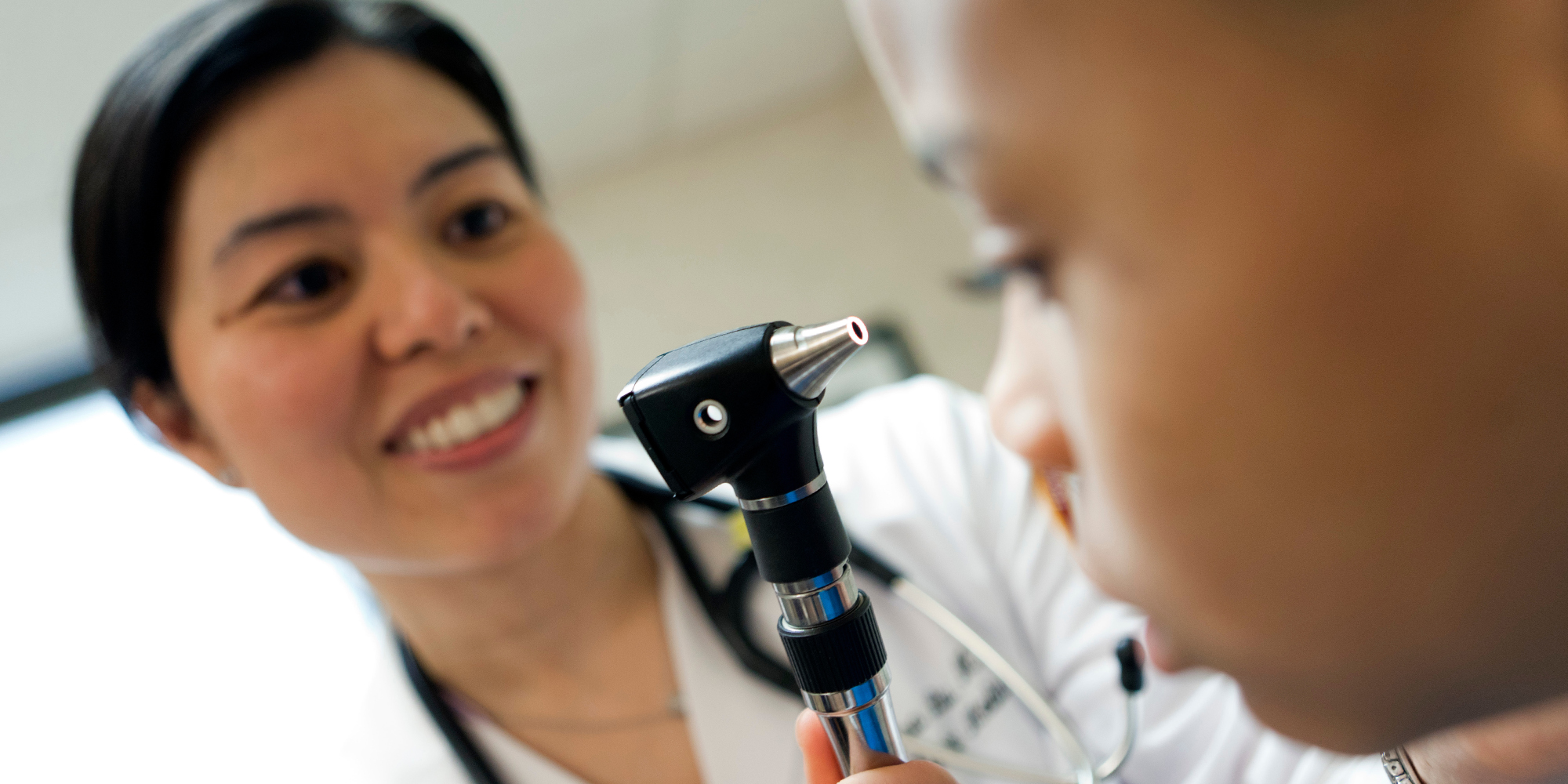One of the most important relationships we have is with our primary care physician. There are several different kinds of primary care physicians, and all are working to provide you and your family with holistic care.
Here are a few tips to help you find the right primary care doctor:
Tip #1: Know the different types of primary care physicians
We all need a good primary care physician. You should think of your primary care physician as your “go-to” doctor. Primary care physicians provide preventive care as well as management of acute and chronic conditions.
There is more than one type of primary care doctor:
- Family medicine doctors provide continuing comprehensive primary care to patients of all ages and can care for the entire family. Family physicians also provide holistic preventive wellness care as well as manage acute and chronic medical conditions.
- Physicians trained in internal medicine, often called internists, specialize in caring for adult and geriatric patients. An internist is trained to diagnose and treat complex illnesses, as well as provide preventive services.
- Pediatric physicians specialize in the treatment of newborns, infants, children and adolescents. Pediatricians plan and carry out a holistic care program for children – from birth through adolescence. They provide preventive health care as well as care for acute and chronic illness.
- Doctors who specialize in internal medicine and pediatrics, sometimes referred to as “med/peds” doctors, have completed a combined residency program in internal medicine and pediatrics. They are able to provide preventive care as well as care for the complex medical problems of adults and children.
Tip #2: Check credentials, accepted insurances and learn more about the physician
After you have some doctors in mind, it is a good idea to check their credentials.
Loyola Medicine physicians’ profiles are available on our website and show the doctor’s education, including specialized training (such as in pediatrics) and their board certifications.
While doctors must be licensed in the state in which they practice, they also earn certifications from boards that set standards for medical specialties, such as internal medicine, pediatrics and family medicine.
To maintain board certification, doctors must stay up-to-date on the latest advances in medicine.
Next, make sure the doctor you want to see accepts your insurance. Insurance companies usually have a list of physicians who accept their insurance.
If you are interested in a certain physician, contact his or her office and ask if your insurance is accepted.
Tip #3: Keep location, affiliation and more in mind
Other things to keep in mind when choosing a physician:
- Office location: Even if you find someone you think is the best physician, do you have the time to drive to the office for appointments?
- Hospital affiliation: Consider whether the doctor is employed by or can admit patients to the hospital you prefer.
- Comfort level: You need to feel completely comfortable with your doctor. If it’s easier for you to talk to a woman, seek a female doctor. Do you want someone younger or someone older? The most important thing is for you to feel comfortable and open with talking to your physician.
- The entire medical team: A medical office is more than just a doctor. Is the office staff helpful? Are the nurses responsive? If you like the doctor, but have problems with the team, talk to your doctor about it.
Book an appointment today to see any of our board certified, primary care physicians by self-scheduling an in-person or viritual appointment using myLoyola.

